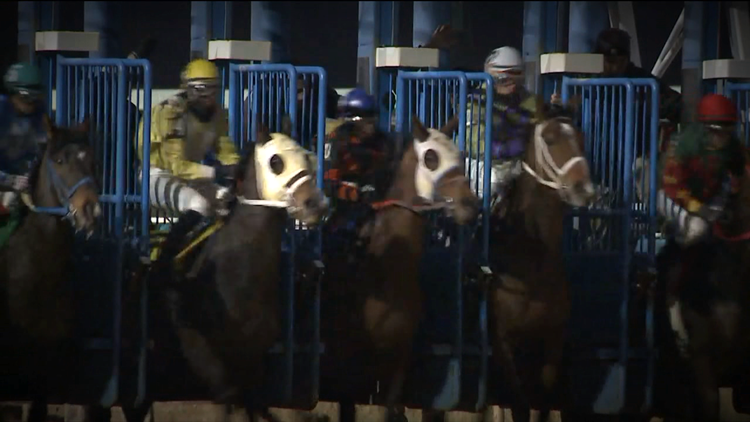Calling the horse racing industry an “embarrassment,” Rep. Joe Pitts (R-Pa 16th) is calling for a series of national reforms aimed addressing ongoing issues with the use of drugs in horse racing.
“The industry, frankly, is an embarrassment to the rest of the world. The rest of the world has zero tolerance of race-day medication,” said Pitts.
Pitts’ bill (click here to view) would designate the U.S. Anti-Doping Agency as the organization responsible “for ensuring the integrity and safety of those horse races that are the subject of interstate off-track wagers,” according to a Nov. 19 memorandum.
His bill would phase out the use of drugs and medications within 24 hours of a race. It would also phase out a drug known as Lasix, allowing it to be used for two years after enactment on horses at least three-years-old.
Lasix is a diuretic used to help treat horses whose lungs bleed after running, and is supposed to be administered by a veterinarian. However, some trainers have been cited for administering the drug themselves and doing so too close to race time.
“It should be that the horses have best practices as far their rest and recuperation,” said Pitts.
Gretchen Jackson, an owner who has been in the horse racing industry for decades, says she’s concerned Lasix is used too often and not always in the best interest of the horses.
“A lot of these drugs that they’re giving them help to mask huge problems,” said Jackson.
Lawmakers in Washington held a hearing on Pitts’ bill the day before a federal grand jury indicted three trainers and a track employee. The trainers, David Wells, Sam Webb and Patricia Rogers were accused of fraud after allegedly trying to dope horses with medications not permitted within 24 hours of a race. Danny Robertson, who was employed at the track as a clocker, allegedly provided false workout times in exchange for cash.
During the hearing, Philip Hanrahan, the CEO of the National Horsemen’s Benevolent and Protective Association, testified in opposition to the bill.
“The NHBPA opposes its enactment because it attempts to address a problem that does not exist,” said Hanrahan. He dismissed concerns about drug abuse at race tracks as “misperception caused by recurrent sensationalism in the public media.”
He added he does not believe USADA has the resources or experience to oversee horse racing.
“Lasix is a very effective drug in preventing bleeding in horses. And, that protects the horse and in turn protects the jockey,” said Hanrahan.
The state-level Horsemen’s Benevolent and Protective Association did not respond to requests for an interview. In a statement, the association said it has worked to improve oversight, saying new security protocols helped to catch two of the people indicted last fall.
“The whole practice is outrageous,” said Pitts. “The United States is where the problem is. We have 24 horses a week being put down,” he said, citing a recent New York Times investigation.
Pitts’ bill has 20 co-sponsors and has been referred to the House Committee on Energy and Commerce.
Editor’s note: This story is the second in a series on reforms in horse racing. To see part one, click here.



